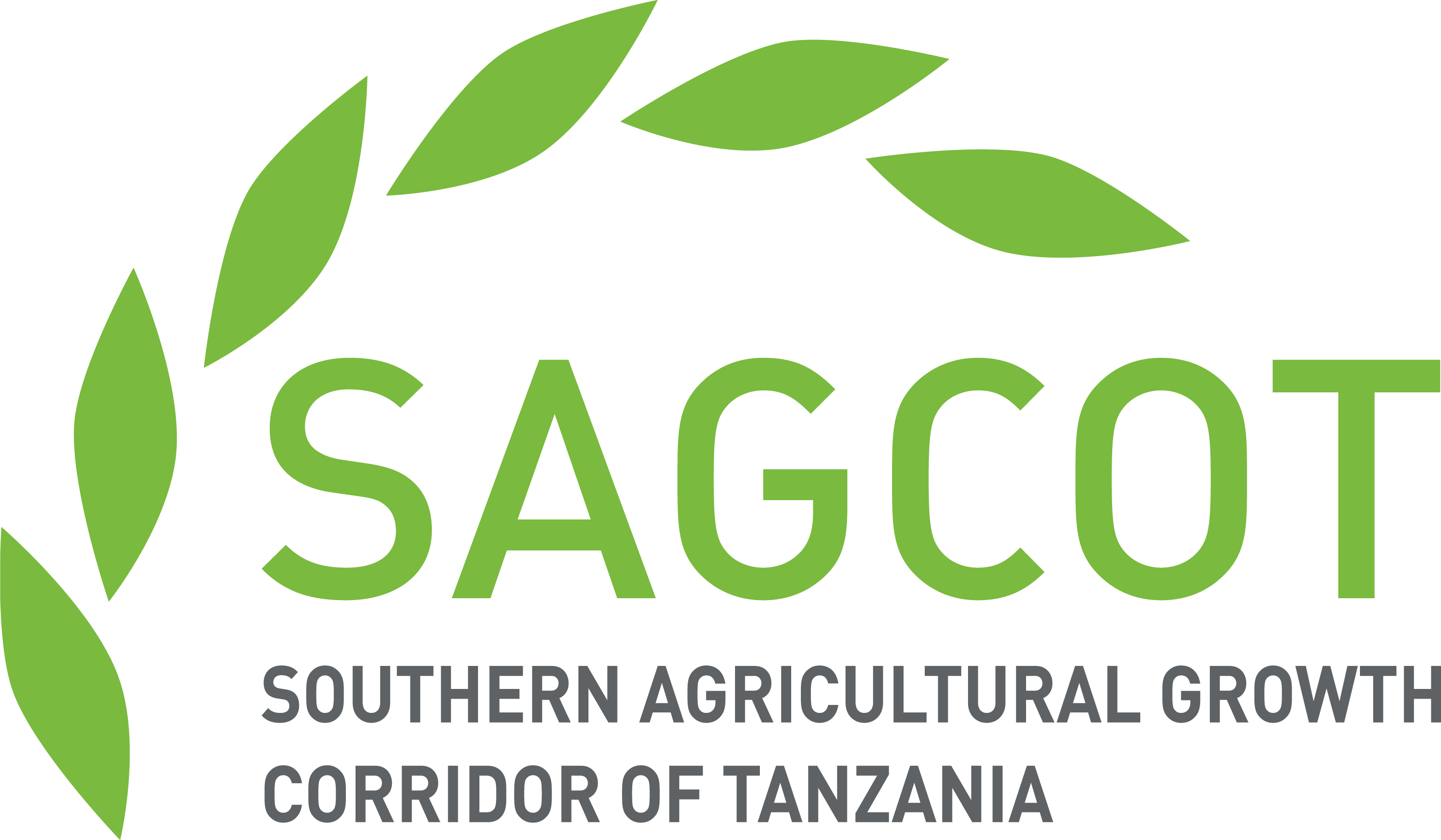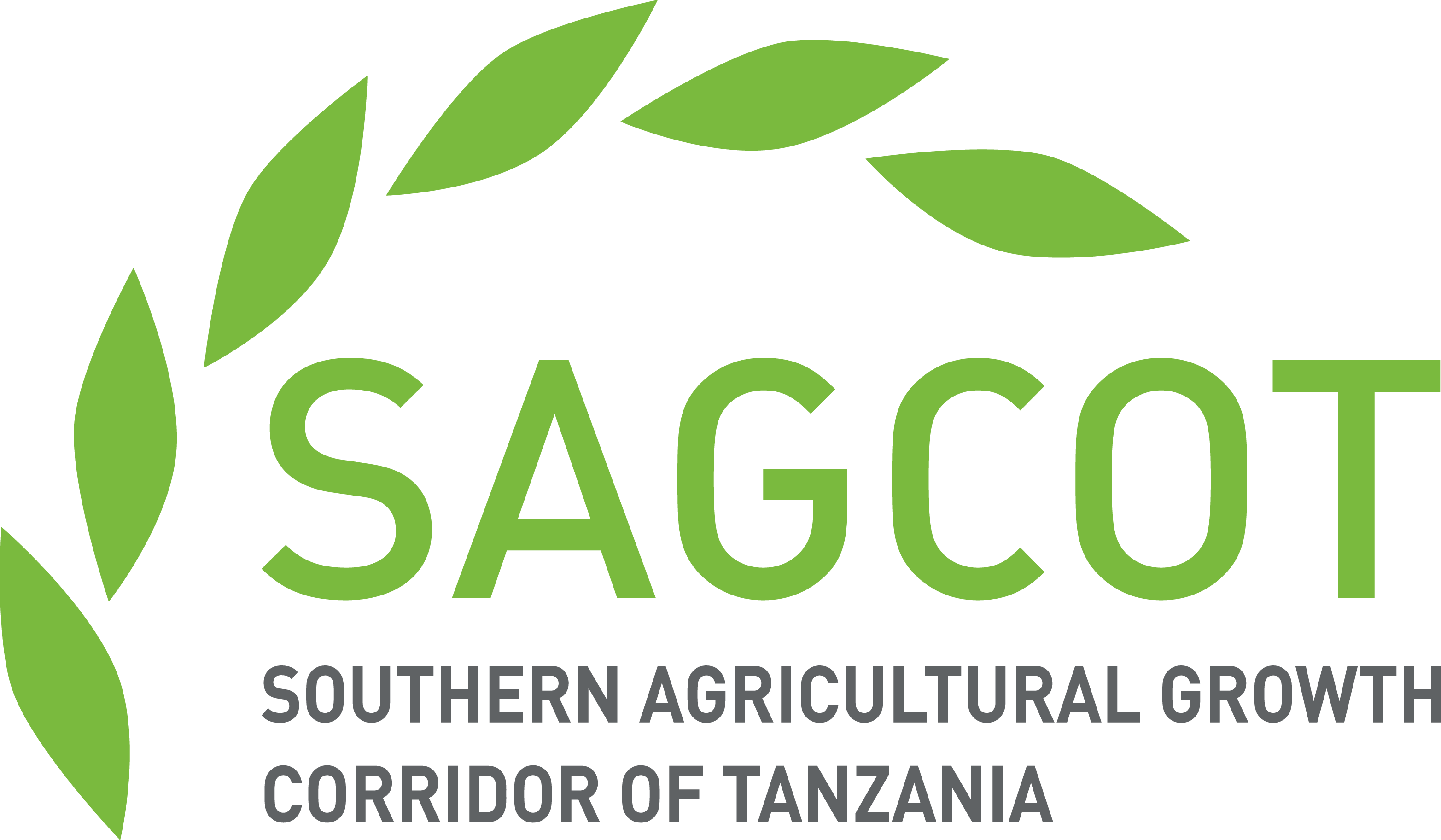The “Baseline Report of the Tanzanian Soybean Sub-Sector,” part of the Tanzania Sustainable Soybean Initiative (TSSI), provides a comprehensive assessment of the current state of soybean production in Tanzania. Conducted in September 2023, the survey encompassed 1,263 households across key regions, including Morogoro, Iringa, Njombe, Rukwa, Mbeya, Songwe, and Ruvuma. The findings reveal that smallholder farmers dominate the sector, contributing over 99% of total production, yet face significant challenges such as low productivity (average yield of 721 kg/ha) compared to the global average of 2,814 kg/ha.
Key Findings:
- Demographics: Most soybean farming households are male-headed (80%), with an average family size of 7. Most farmers (90%) rely on agriculture as their primary income source.
- Agronomic Practices: Traditional farming methods prevail, with only 2.5% of farmers employing modern agricultural technologies. Crop rotation and intercropping are common, yet the adoption of Good Agricultural Practices (GAP) remains low.
- Market Dynamics: Farmers primarily produce soybeans for cash (94.5%), with limited domestic consumption due to a lack of processing facilities. The market is characterized by reliance on middlemen, who dominate nearly 50% of transactions.
- Challenges: Key barriers include limited access to quality seeds (23%), unreliable markets (43%), and climate variability (16%). Financial services are scarce, with 90% of farmers lacking access to credit.
Recommendations:
- Seed System Enhancement: Develop a robust seed multiplication and distribution system to ensure farmers can access high-quality, drought-resistant soybean seeds.
- Value Addition: Promote the establishment of soybean processing facilities to increase local consumption and market value, thereby enhancing farmers’ profitability.
- Market Information Systems: Invest in data collection and dissemination systems to provide timely market information and weather forecasts, empowering farmers to make informed decisions.
- Financial Accessibility: Facilitate access to affordable credit and financial services to enable farmers to invest in necessary inputs and technologies for improved productivity.
Conclusion:
There is a critical need for strategic interventions to enhance the productivity and profitability of the soybean sector in Tanzania. By addressing the outlined challenges and implementing the recommended actions, stakeholders can significantly contribute to the region’s food security, poverty reduction, and economic development. SAGCOT and its Partners through TSSI aim to create a sustainable and resilient soybean value chain that benefits all actors involved. One way of ensuring sustainable food systems that significantly contribute to human and livestock health is through having a reliable source of plant protein. Soybean is one undisputed source of such a source.




